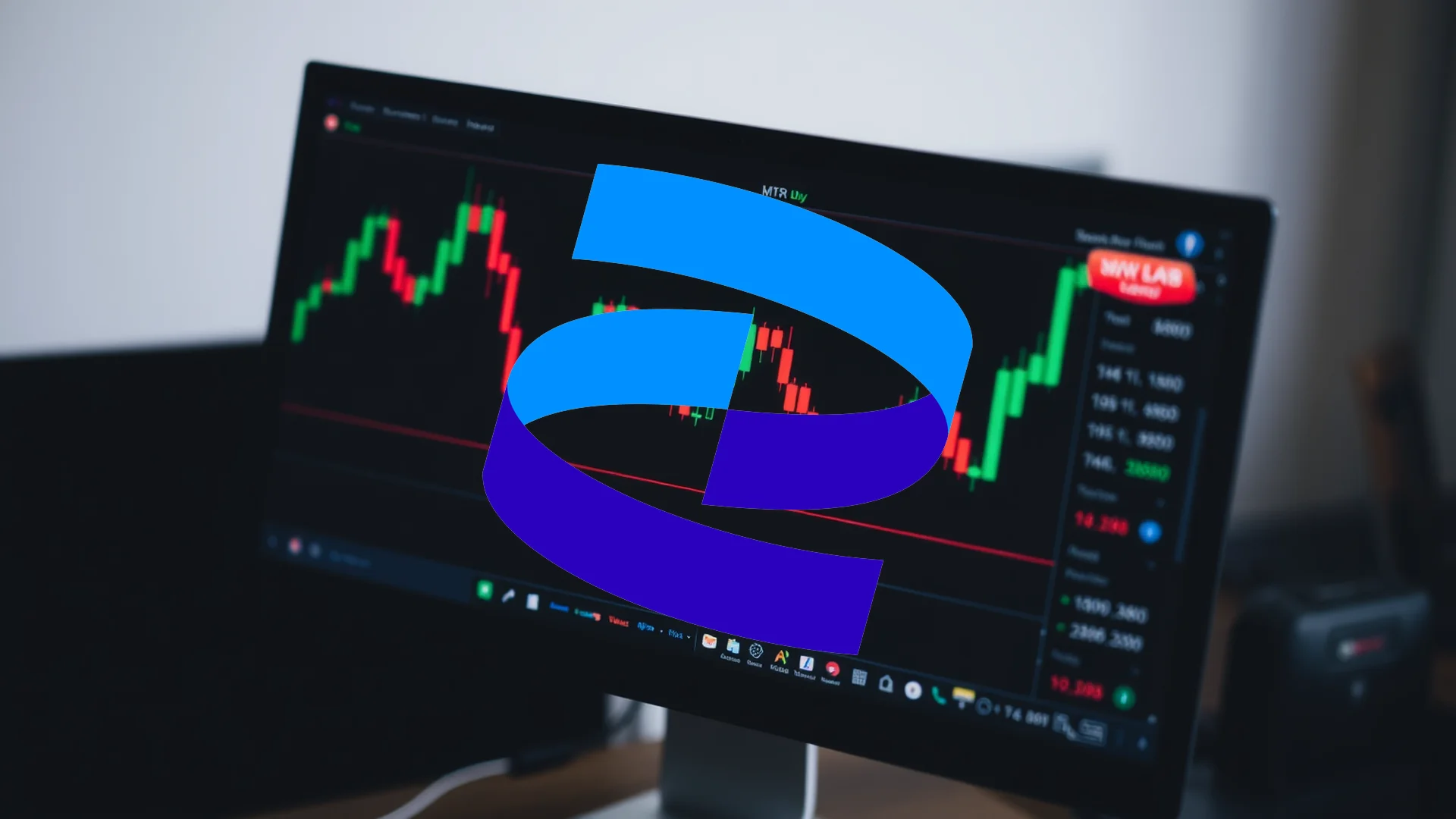After being largely dismissed by investors due to plummeting COVID-19 revenue and looming patent expirations, pharmaceutical giant Pfizer is suddenly showing surprising signs of life. A significant catalyst has emerged from an unexpected segment: the obesity drug market. This renewed interest has prompted Guggenheim to substantially raise its price target to $35, while major institutional investors are actively increasing their holdings. Could this be the turning point for the fallen pandemic champion?
A New Strategic Direction Gains Traction
The recent surge in positive sentiment stems from Pfizer’s strategic pivot into the high-growth obesity therapeutics sector. Central to this shift is the acquisition of Metsera Inc., finalized in November. Guggenheim analysts have labeled this move as “strategically astute,” highlighting the promising clinical candidate MET-097i. This injectable drug, administered weekly or monthly, is approaching its critical Phase 3 trial.
This strategic acquisition positions Pfizer to compete directly with current market leaders Novo Nordisk and Eli Lilly. After previous setbacks with oral GLP-1 therapies, analysts suggest that Pfizer’s differentiated drug portfolio could now enable it to gain meaningful market share.
Institutional Investors Take Notice
Recent regulatory filings confirm that major investment firms are backing this optimistic outlook with capital. Patrick M. Sweeney & Associates significantly boosted its Pfizer stake during the second quarter, increasing its position by 18.4% to nearly 136,000 shares—a holding valued at over $3.45 million. Such substantial purchases from long-term oriented investors often indicate confidence that the stock has found its bottom.
Despite these developments, Pfizer shares showed little movement in Friday’s trading session, hovering around $25.71. Market observers anticipate this could change rapidly as the company’s drug pipeline delivers concrete results.
Should investors sell immediately? Or is it worth buying Pfizer?
Valuation Presents Compelling Case
Current financial analysis presents a striking discrepancy between Pfizer’s market price and its intrinsic value. A recent discounted cash flow valuation estimates the stock’s fair value at over $62—more than double its current trading level. The company offers a substantial dividend yield of 6.7%, creating additional appeal for income-focused investors.
However, significant challenges remain. Pfizer continues to navigate the substantial revenue decline from its COVID-related products Comirnaty and Paxlovid, while facing impending patent expirations for blockbuster drugs including Eliquis and Ibrance. The market awaits clear evidence that new therapies can effectively fill these revenue gaps. Year-to-date performance reflects this uncertainty, with the stock down approximately 3% for 2025, contrasting sharply with the Dow Jones’ 11.5% gain.
Beyond Obesity: Additional Pipeline Progress
While the obesity franchise generates the most excitement, Pfizer has achieved other significant milestones. The company recently secured FDA approval for PADCEV in combination with Keytruda for certain bladder cancer patients—a direct outcome of its expensive Seagen acquisition. This demonstrates the company’s broader efforts to rejuvenate its product portfolio through strategic investments.
The consensus analyst price target currently stands at approximately $28.43, though Guggenheim’s more bullish $35 target suggests greater upside potential. The strategic groundwork has been laid; now investors await execution and clinical validation. The success of the Metsera pipeline, particularly MET-097i’s progression into Phase 3 trials, will likely determine whether Pfizer can successfully transition from its pandemic-era peak to sustainable long-term growth.
Ad
Pfizer Stock: Buy or Sell?! New Pfizer Analysis from February 7 delivers the answer:
The latest Pfizer figures speak for themselves: Urgent action needed for Pfizer investors. Is it worth buying or should you sell? Find out what to do now in the current free analysis from February 7.
Pfizer: Buy or sell? Read more here...










